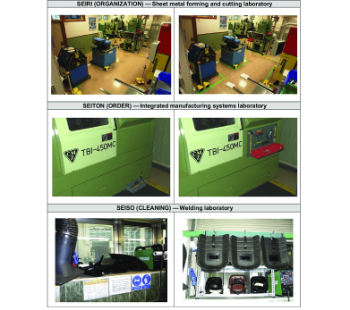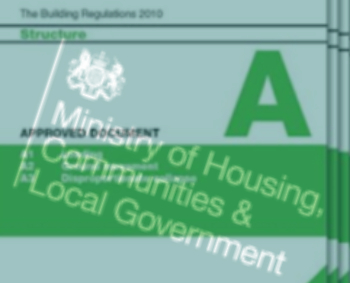Project-based funding
Project-based funding (sometimes referred to as project-based finance or project-based lending PBL), is a system of financing a project in which the financial security is provided by the property being acquired or developed itself. This can be an important source of funding for smaller development companies who may not have much security to offer.
Project-based funding can allow them to borrow money on the strength of the development. Larger or better-established companies may be able to borrow on the strength of their market position rather than the security offered by individual projects.
Project-based funding may also used as a way of financing large, infrastructure and industrial projects, based on the projected cash flow of the finished project. In this case, finance structures may involve a syndicate of banks and/or equity investors who provide the project with loans. In the UK, this sort of project-based funding has been carried out under the private finance initiative (PFI) and public private partnership (PPP) systems.
The relationships on large projects can become very complicated, with a range of organisations with different interests to protect. Some of the key parties to project finance may include:
- Private sector partner/owner: The company or limited partnership established to be at the centre of all contracts for the project.
- Project sponsor: The party taking the active role of managing the project, who often has to cover certain project liabilities or risks.
- Lenders: Parties such as commercial and investment banks who may form a syndicate.
- Agent: Appointed from one of the lenders to act on behalf of the others.
- Account bank: Held by a single lender, all money generated by the project will pass through.
- Equity investors: Lenders or sponsors who do not have an active role in the project but are shareholders.
- Suppliers, contractors, customers: Suppliers of materials, contractors involved in the building, and the customers of the project.
- Construction company: Manages the construction of the project.
- Multilateral credit agencies: Ensure the 'bankability' of a project by providing commercial banks with some protection against political risks.
- Host governments/awarding authorities: National governments may be involved in issuing consents for the project.
- Insurers: In the event of an insurable event, sponsors and lenders look to insurers to cover the losses.
[edit] Related articles on Designing Buildings Wiki
- Bridging loan for property.
- Buyer-funded development.
- Construction loan.
- Construction project funding.
- Equity and loan capital.
- Funding options.
- Funding prospectus.
- Mezzanine finance.
- Off-plan property.
- Private Finance Initiative.
- Private sector.
- Property development finance.
- Shared equity / Partnership mortgage.
- Shared ownership.
- Speculative construction.
- Types of development.
Featured articles and news
The 5 elements of seiri, seiton, seiso, seiketsu and shitsuke.
Shading for housing, a design guide
A look back at embedding a new culture of shading.
The Architectural Technology Awards
The AT Awards 2025 are open for entries!
ECA Blueprint for Electrification
The 'mosaic of interconnected challenges' and how to deliver the UK’s Transition to Clean Power.
Grenfell Tower Principal Contractor Award notice
Tower repair and maintenance contractor announced as demolition contractor.
Passivhaus social homes benefit from heat pump service
Sixteen new homes designed and built to achieve Passivhaus constructed in Dumfries & Galloway.
CABE Publishes Results of 2025 Building Control Survey
Concern over lack of understanding of how roles have changed since the introduction of the BSA 2022.
British Architectural Sculpture 1851-1951
A rich heritage of decorative and figurative sculpture. Book review.
A programme to tackle the lack of diversity.
Independent Building Control review panel
Five members of the newly established, Grenfell Tower Inquiry recommended, panel appointed.
Welsh Recharging Electrical Skills Charter progresses
ECA progressing on the ‘asks’ of the Recharging Electrical Skills Charter at the Senedd in Wales.
A brief history from 1890s to 2020s.
CIOB and CORBON combine forces
To elevate professional standards in Nigeria’s construction industry.
Amendment to the GB Energy Bill welcomed by ECA
Move prevents nationally-owned energy company from investing in solar panels produced by modern slavery.
Gregor Harvie argues that AI is state-sanctioned theft of IP.
Experimental AI housing target help for councils
Experimental AI could help councils meet housing targets by digitising records.
BSRIA Occupant Wellbeing survey BOW
Occupant satisfaction and wellbeing tool inc. physical environment, indoor facilities, functionality and accessibility.























